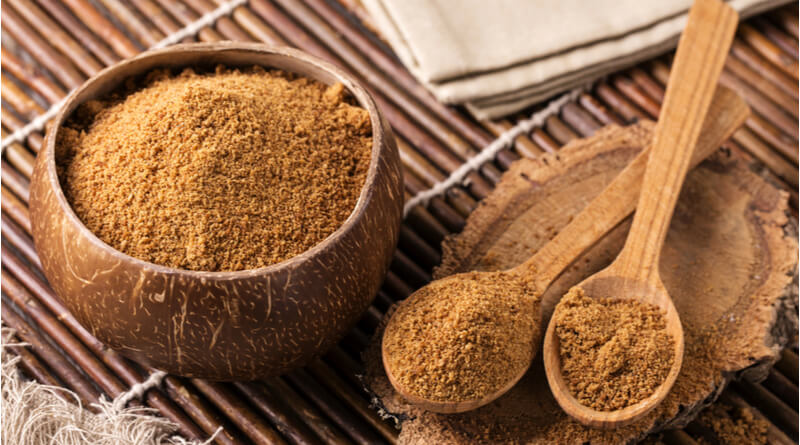At first glance, artificial sweeteners seem like they are perfect for managing diabetes – they are sugar free and low in calories. But recent research has heavily suggested that this is not the case. Relying on sugar substitutes may have a direct correlation to an increase in diabetes and obesity cases.
This is mostly a result of over consumption of foods made with sugar substitutes. Artificial sweeteners also have the potential to interfere with your body’s learned taste. This confuses your brain and causes it to incorrectly send signals to direct your body to eat more sweet foods. Essentially, sugar substitutes have the potential to increase your sweet tooth cravings.
The worst aspect of artificial sweeteners for diabetics is that they can raise your blood glucose levels. Some sugars, like saccharin have the ability to alter the composition of your body’s gut bacteria. This can lead to glucose intolerance, the first step towards type-2 diabetes and metabolic syndrome.
But there are some sugar substitutes that are generally speaking, ok for diabetics to eat somewhat regularly:
- Stevia
- Tagatose
- Monk fruit extract
- Coconut palm sugar
- Date sugar
- Sugar alcohols – erythritol or xylitol
Stevia
Stevia is probably the best sugar substitute for diabetics. Technically, it is not an artificial sweetener as it is derived from the leaves of the stevia plant. In stark contrast to most artificial sweeteners and sugar, stevia has the ability to actually suppress your plasma glucose levels. It also has been shown to significantly increase your glucose tolerance.
Tagatose
Tagatose is the second-best option after stevia. Its effects are still being studied, but early research is very promising. Tagatose might be the basis for an antidiabetic and anti-obesity medication. It can reduce your body’s blood glucose levels and insulin response and it can hinder the absorption of carbohydrates.








